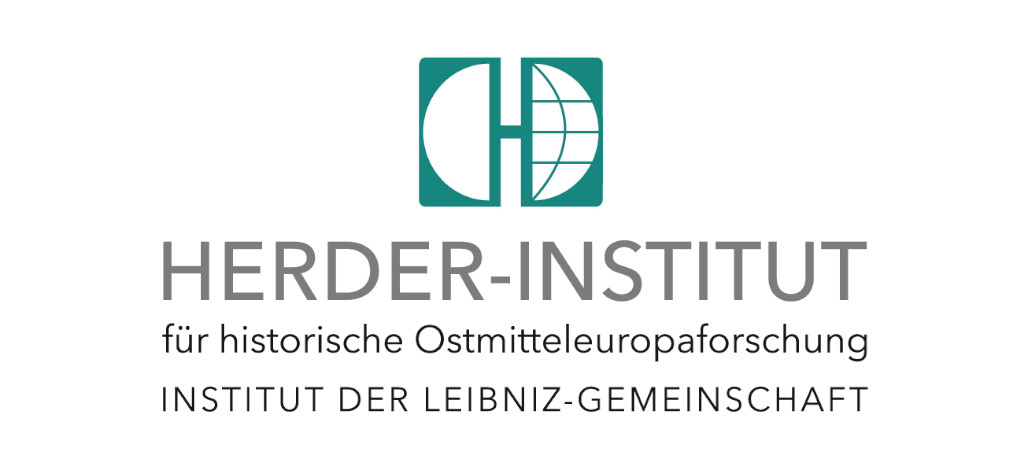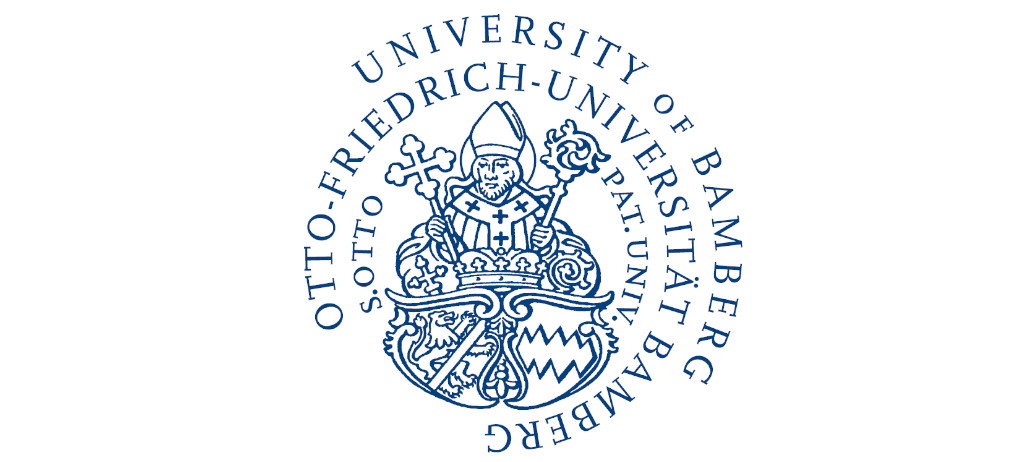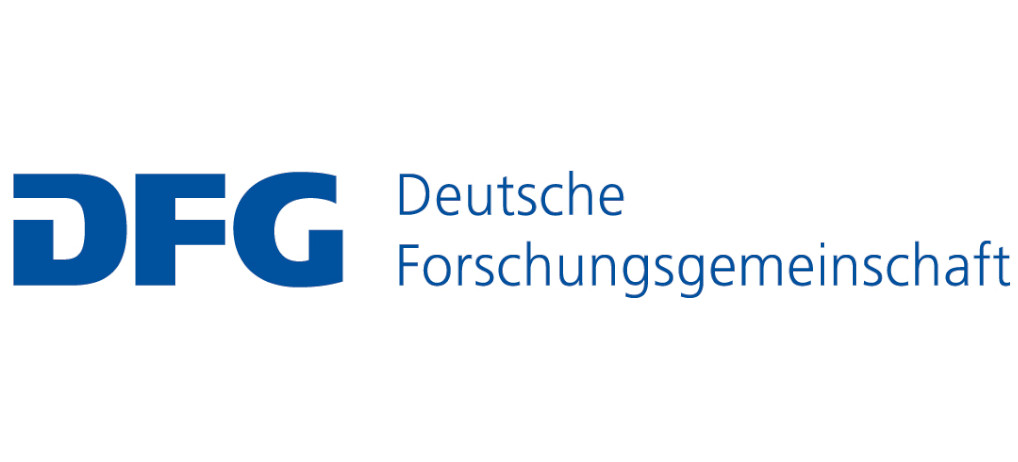27.07.2017 Safety has its limits
The German Research Foundation has positively evaluated the Collaborative Research Center "Dynamics of Security" with the conclusion of the 1st funding phase and extended it for another 4 years.

In current political discussions, security is often used as a key concept when it comes to legitimizing one's own political actions. In 2014, this effect provided the impetus for the conception of a separate interdisciplinary Collaborative Research Center, in which researchers from Philipps-Universität Marburg, Justus Liebig University Giessen (JLU), and the Herder Institute for East Central European Historical Research are investigating the meaning, change, and interpretation of political security from a historical perspective. The German Research Foundation has now approved the continuation of the research work with a funding volume of around 11 million euros for another four years. The Central Hesse Research Campus has thus achieved a double success, as the Collaborative Research Center Transregio 135 "Cardinal Mechanisms of Perception: Prediction, Evaluation, Categorization" was also extended at the same time at both universities (see further press release from today).
"What is security and when do societies feel their security threatened? To answer questions like these, it is very important to understand how notions of security developed in history and how they entered the political process," says Prof. Dr. Christoph Kampmann of the University of Marburg, spokesperson of the Collaborative Research Center. With its historical focus, the Collaborative Research Center takes on an independent role in security research. "Already in the first funding phase
we have established ourselves as a central scientific discussion and communication forum in this topic area," says Kampmann. In this context, the Collaborative Research Center Transregio 138 with the topic "Dynamics of Security. Forms of securitization in historical perspective" combines history, social sciences and law as well as art history.
One focus of the researchers is on the concept of "securitization." "It can happen that political decision-makers deliberately dramatize certain social problems," Kampmann says. "This often involves their own legitimacy or that of the state, which offers its population protection by increasing security." In the end, however, this increases the population's need for security, he says, and at some point the demands for more security can no longer be met by the state - because security has its limits. One of the goals for the new funding phase will be to modify and further develop the concept of "securitization." "We don't understand 'securitization' as a process that is always goal-oriented and predetermined, with a predictable outcome, but rather as a variable process with overlaps, inconsistencies, regressions and discontinuities," says Kampmann. Based on this, a comprehensive typology of dynamics of security in history should emerge at the end of the entire funding period. "With its focus on historical security research, the joint Collaborative Research Center already has a unique selling point worldwide," adds Prof. Dr. Horst Carl of Justus Liebig University Giessen (JLU). At the beginning of 2018, as agreed between the two universities from the outset, the leadership of the Collaborative Research Center will move to JLU and Prof. Carl will take over as spokesperson. "We will use the next four years to make the research alliance of our two universities the leading international center for historical security research," he announces.



